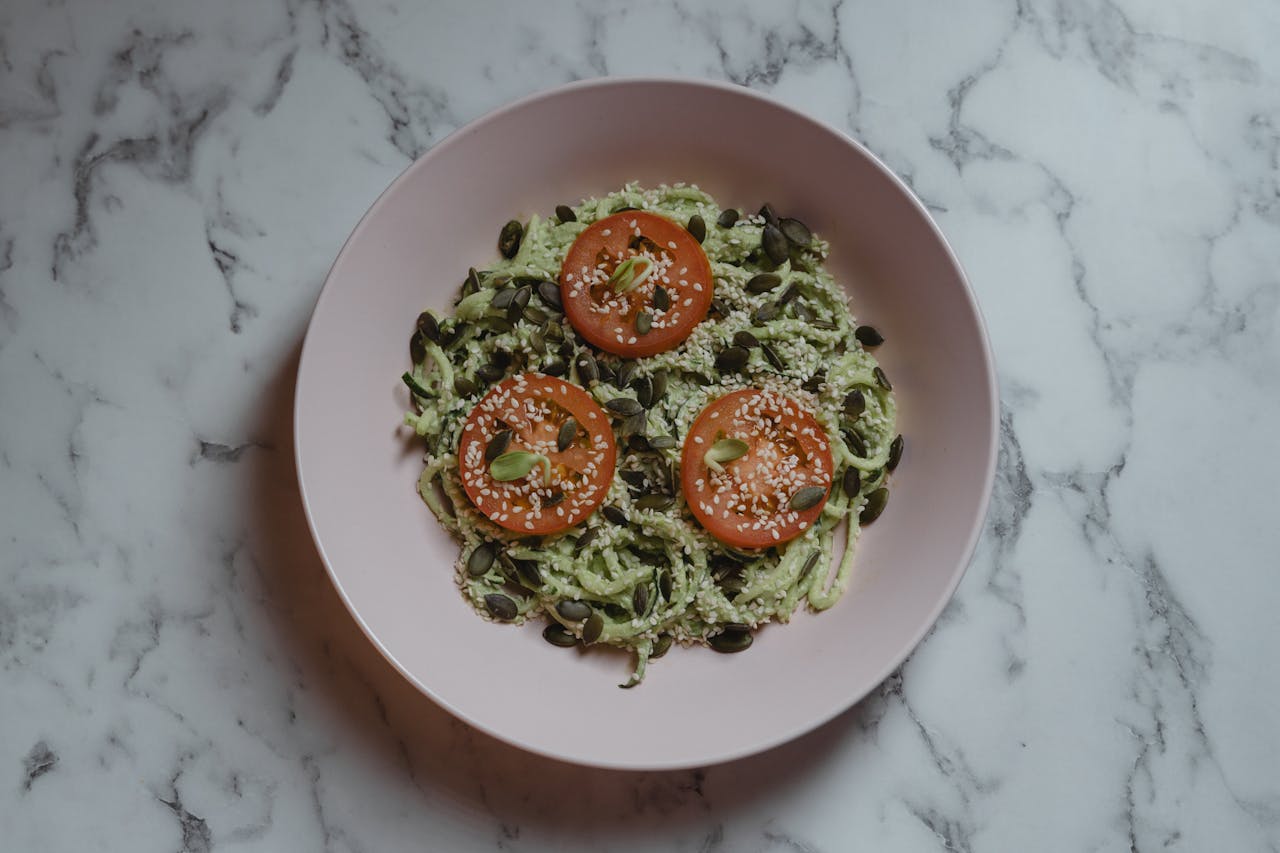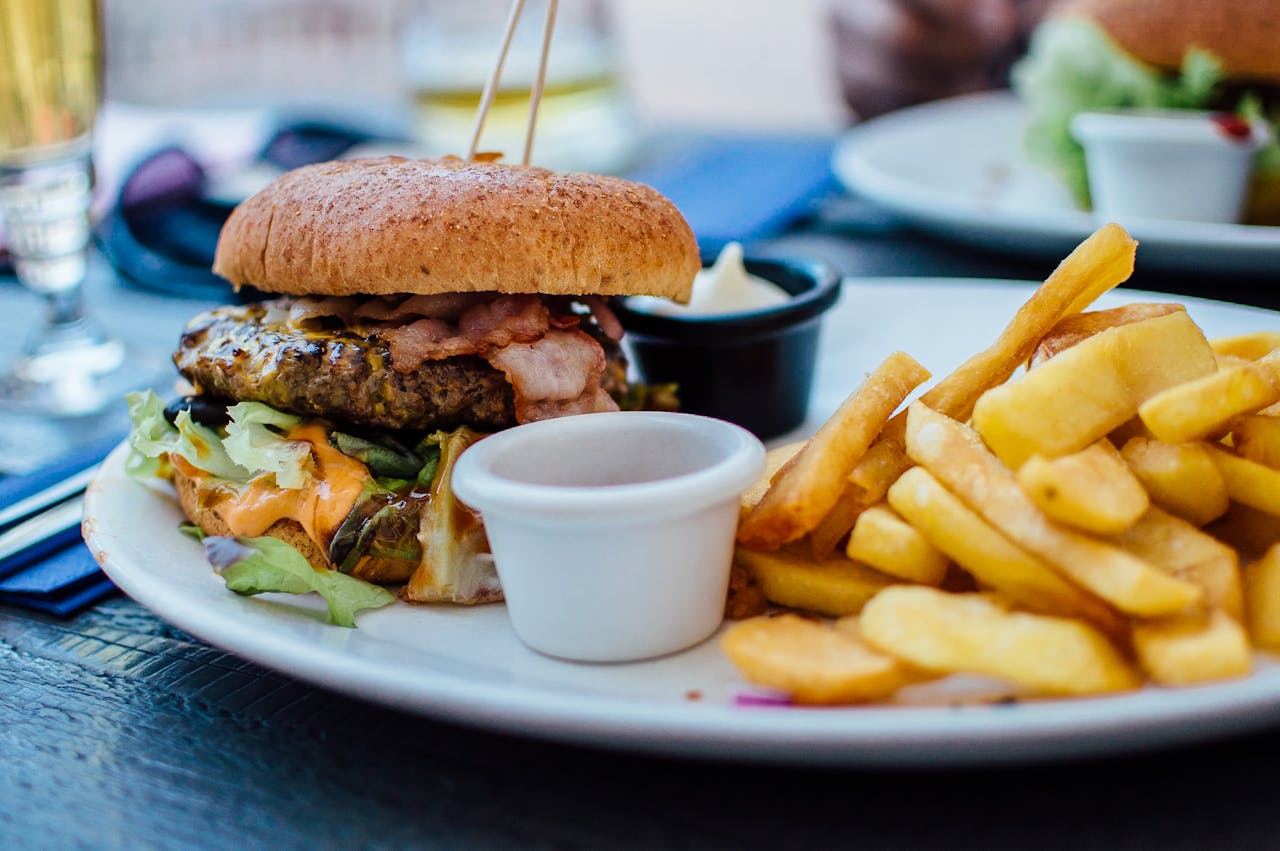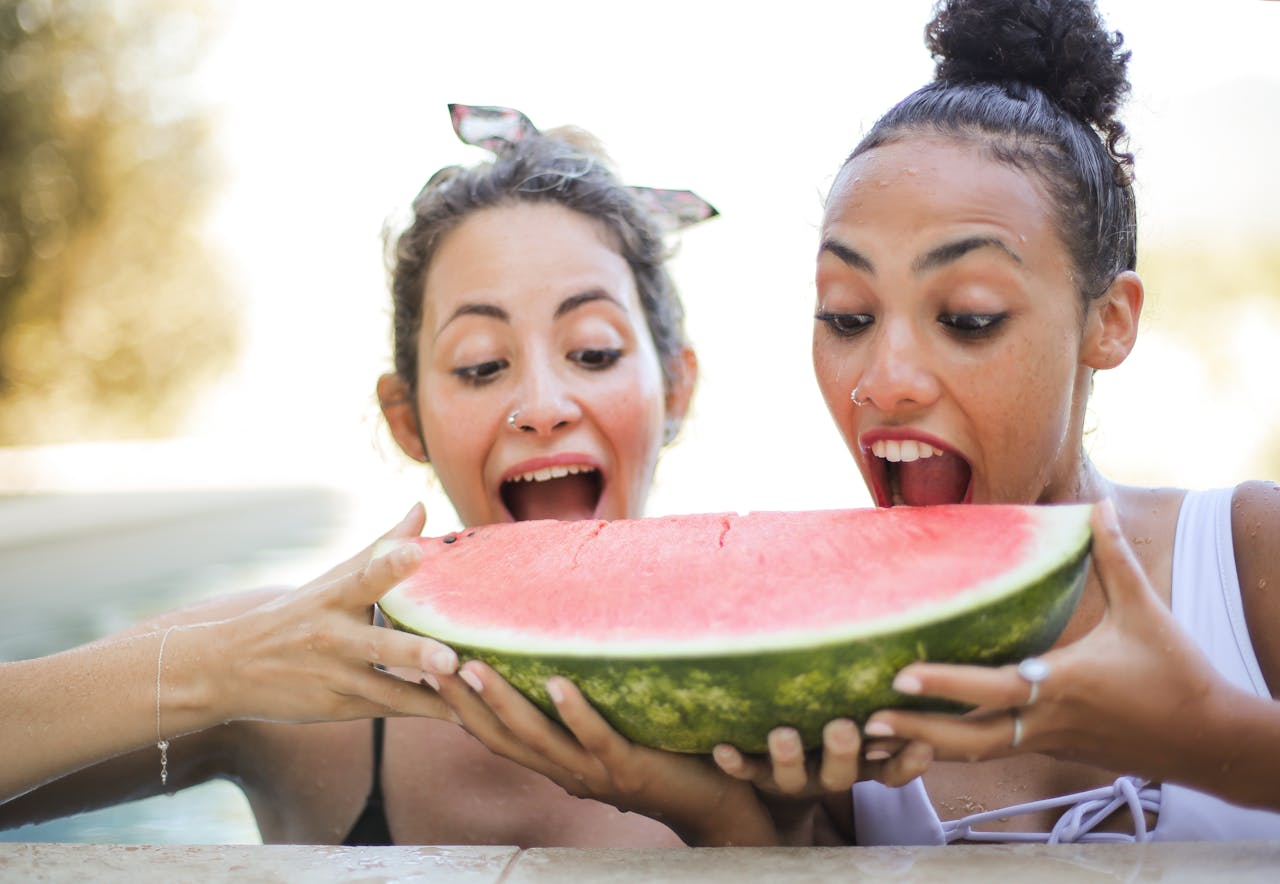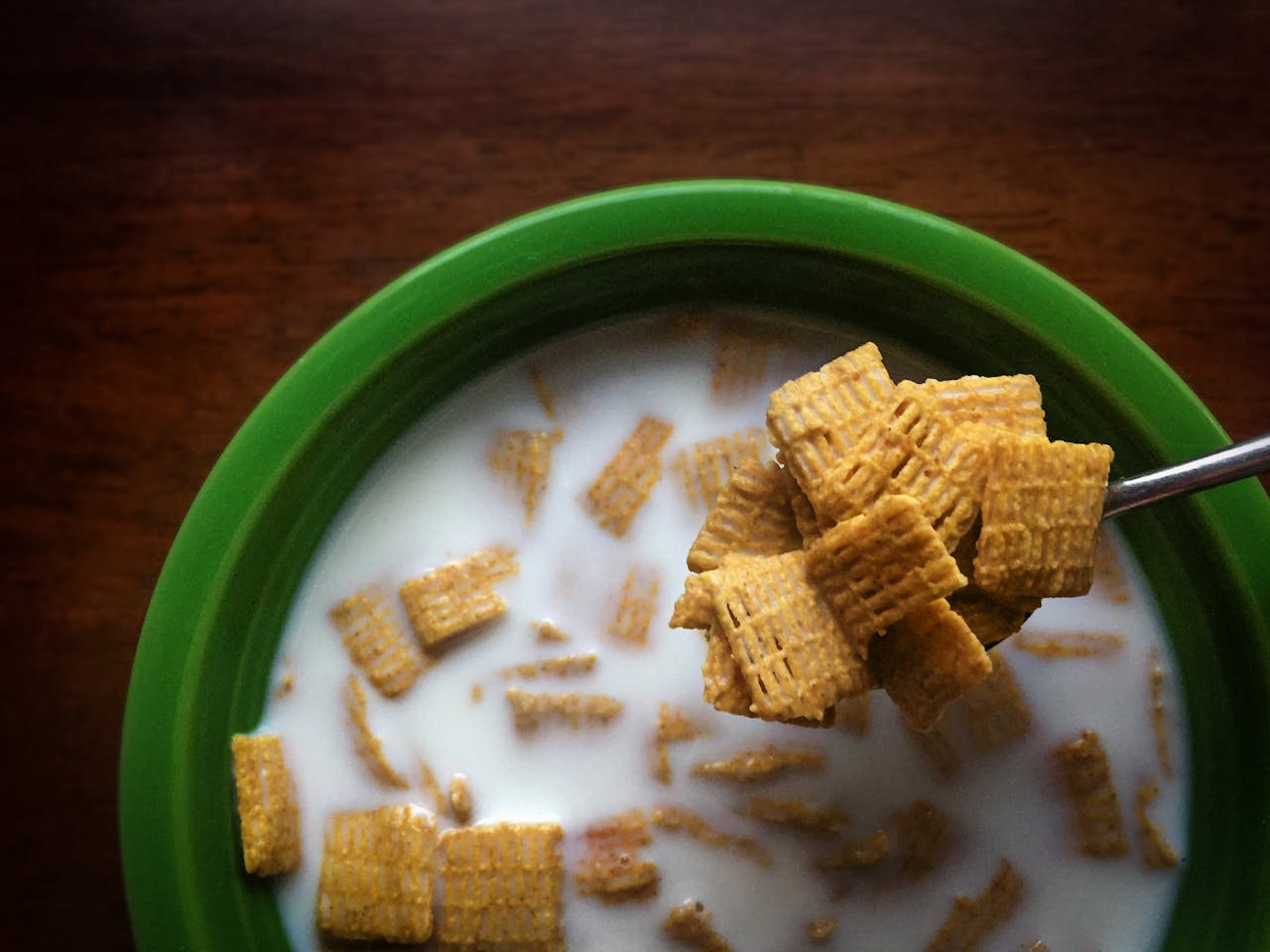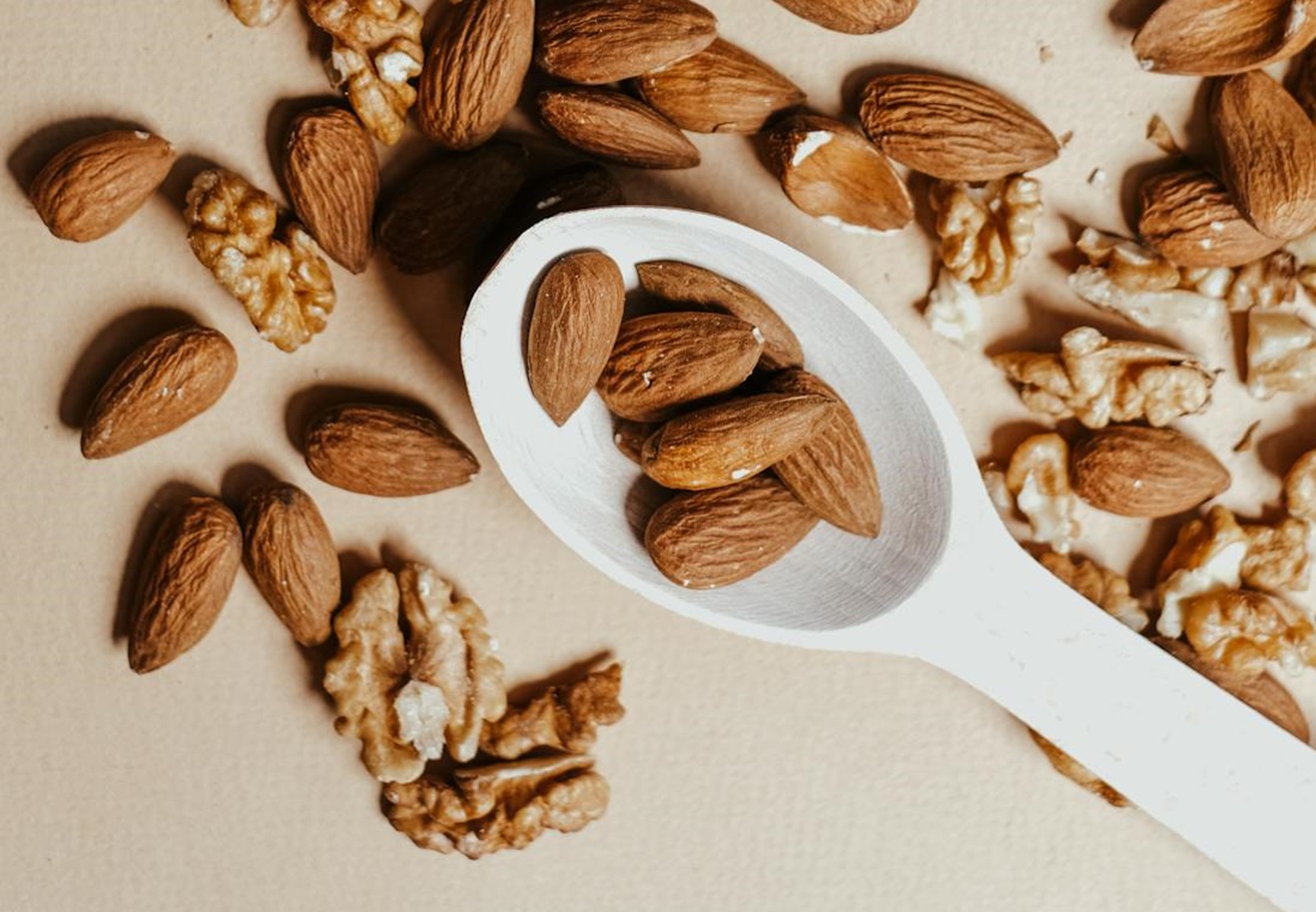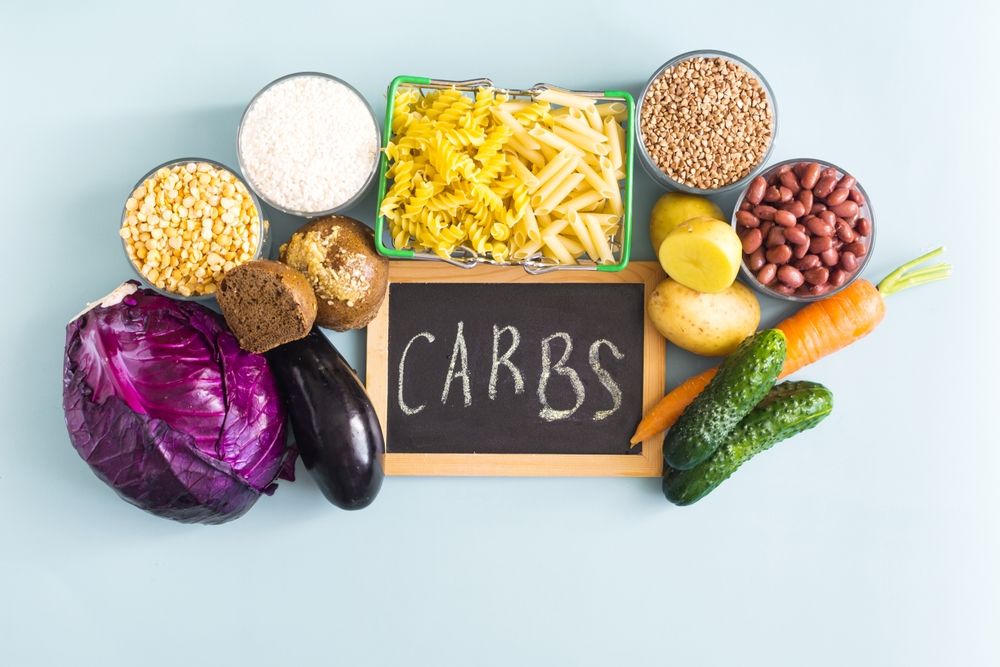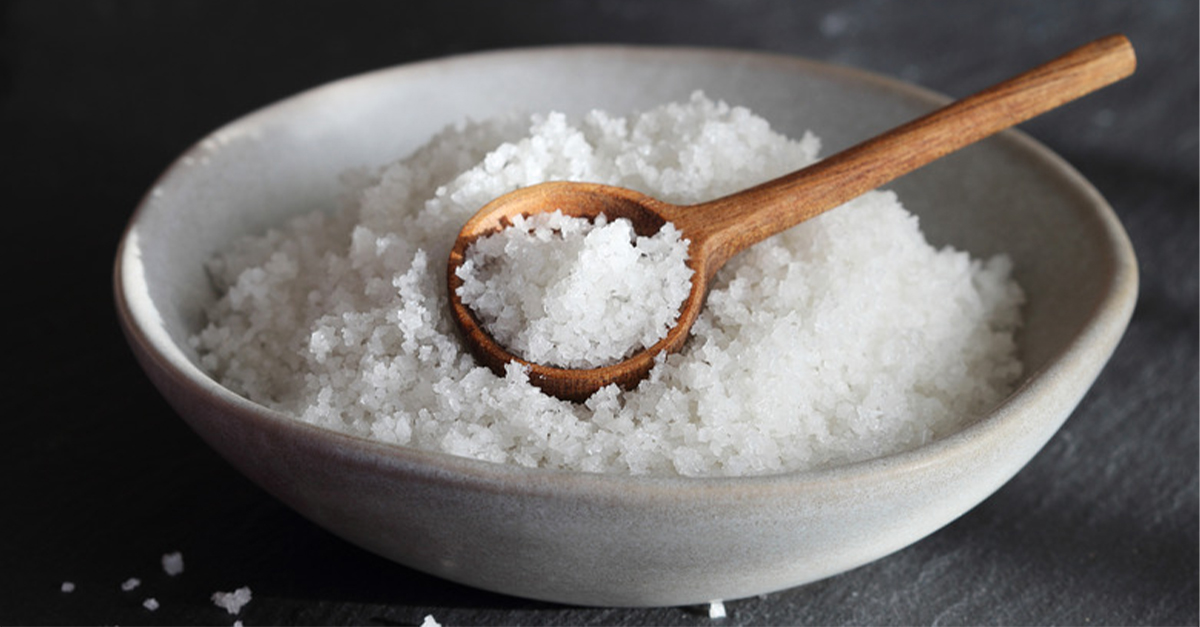Food Affects Longevity
Most of us understand that our diet impacts our longevity—but it's not always easy to find balance when it comes to nutrition. If you're hoping to live a long and healthy life, these are the foods you should eat less of—and those that you should incorporate into your daily meals.

Consume Less: Ultra-Processed Food
At this point, multiple studies have drawn a correlation between eating ultra-processed foods and living a shorter life. For instance, in 2022, the American Journal of Preventative Medicine published some shocking findings.
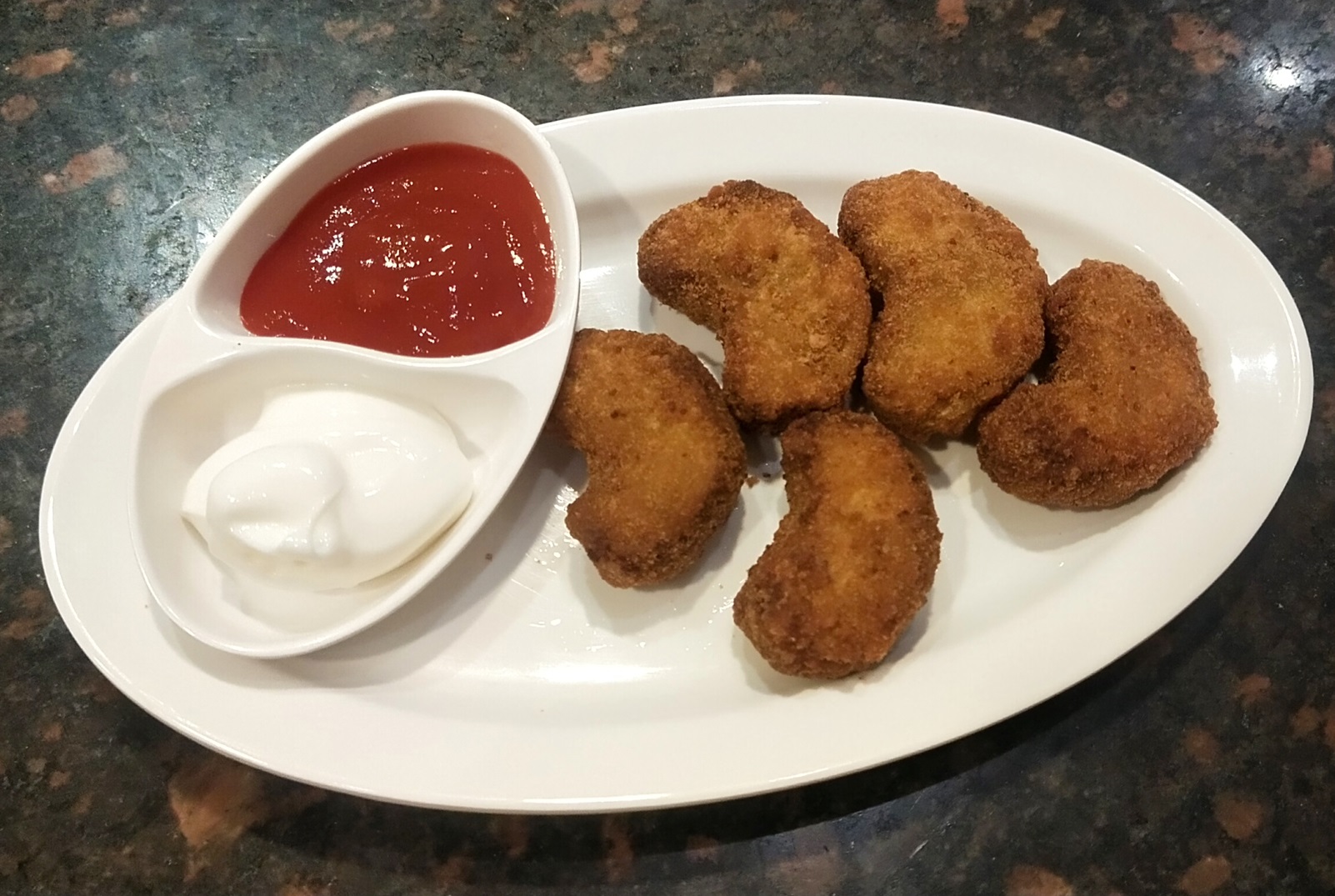 Eshma P, CC BY-SA 4.0, Wikimedia Commons
Eshma P, CC BY-SA 4.0, Wikimedia Commons
Consume Less: Ultra-Processed Food
According to this publication, 10.5 percent of adult premature deaths in Brazil could be linked to those who had a high amount of ultra-processed foods in their diet.
 Adam Jones, CC BY-SA 2.0, Wikimedia Commons
Adam Jones, CC BY-SA 2.0, Wikimedia Commons
Consume Less: Ultra-Processed Food
Identifying ultra-processed foods is quite simple. They include most take-out meals, or foods manufactured to be consumed right away. For instance, these can be ready-to-eat frozen meals, packaged sweets and snacks, and soft drinks.
Ultra-processed foods are usually made with preservatives and flavor enhancers—so the less of them you eat, the better.
Consume Less: Unhealthy Vegan Options
If you do it correctly, adopting a vegan diet can be very healthy. However, there are always exceptions to this rule. In 2017, a study revealed that having a near-vegan diet could lead to a high risk of heart disease. This was because such diets usually incorporated fruit juices, refined grains, chips, and drinks sweetened with sugar.
Consume Less: Unhealthy Vegan Options
In the same breath, the study also proved that having a plant-based diet consisting of whole foods was the best option for heart health, while an omnivorous diet was second best.
Consume Less: Doughnuts
Quite tragically, doughnuts are unhealthy no matter how you slice it. They check all the unhealthy boxes: They're ultra-processed, and high in sugar and saturated fat. Obviously, a life without doughnuts would be quite sad. The trick here is balance. A doughnut once in a while is fine, but if you indulge regularly, you'll most likely pay a high price in the long-run.
Consume Less: Fries
There's no doubt about it: Ordering fries as a side dish instead of a salad is more delicious—but it certainly isn't healthier. An unsettling study from 2017 claimed that indulging in fries more than two times a week could be linked to a higher risk of mortality. Luckily, there's a silver lining here.
Consume Less: Fries
This particular 2017 study processed its findings before America's ban on trans fat in cooking oils. How healthy your fries are depends on what oils you cook them in—but as a rule, one should moderate their intake of fried foods in general.
Consume Less: Burnt Toast
Have you ever chowed down on a burnt piece of toast? Well, turns out, burnt toast can pose a risk to your health. When foods containing carbohydrates are toasted, grilled, baked, or fried, something called acrylamide forms.
 PeopleImages.com - Yuri A, Shutterstock
PeopleImages.com - Yuri A, Shutterstock
Consume Less: Burnt Toast
There's a connection between acrylamide and cancer in animals. This means it might increase the risk of cancer in humans as well. According to Britain's Food Standards Agency, it's important to keep an eye on the color of your food as it cooks. Aim for a light gold brown—not a dark brown or black.
Consume Less: Charred Meats
Barbecuing meats over flames, or even cooking them in a frying pan, can lead to the production of carcinogenic chemicals like heterocyclic amines and polycyclic aromatic hydrocarbons. While cooking, make sure to flip your meats regularly to cut down the chance of charring them. Even better? Try partially cooking proteins in the microwave before adding them to the grill.
Consume Less: Cured Meats
Cured meats require a shocking amount of salt and nitrite in order to properly preserve them. In the stomach, processed nitrates turn into nitrosamines, which are carcinogenic. Sadly, in the United Kingdom, nitrates can be found in about 90 percent of the bacon on the market.
Consume Less: Hot Dogs
If you love a good hot dog every once in a while, make sure to balance your diet with a solid amount of fruits and veggies. Hot dogs are a perfect example of processed food. They land on the very unhealthy end of the spectrum due to their levels of preservatives, salt, and saturated fat.
Consume Less: Dairy
The recommended amount of dairy you should have—at least, according to a study published by the American Journal of Clinical Nutrition—is a small bowl of yogurt and two glasses of milk. In moderation, dairy is an excellent source of calcium. However, because of its high fat content, having too much dairy can be detrimental to your health. It can affect your skin, digestion, and weight.
Consume Less: Salt
Having too much salt in your diet can negatively affect your blood pressure and can increase your risk for heart failure, heart attacks, and strokes. A good way to monitor your salt intake is to pay attention to food labels. When it comes to your life expectancy, it never hurts to be light-handed when seasoning your meals.
 Supagrit Ninkaesorn, Shutterstock
Supagrit Ninkaesorn, Shutterstock
Consume Less: Sugary Beverages
In the UK, the recommended daily amount of sugar is 30 grams. How much sugar does one can of Coca-Cola contain? A whopping 39 grams. Consuming too much sugar can lead to health problems like heart disease, diabetes, and cancer.
Eat More: Unrefined Carbohydrates
The University of Southern California did a study in 2022, investigating how humans can be healthier and prolong their lives. Their findings led to what they called the "longevity diet," which revealed something eye-opening about carbohydrates.
Eat More: Unrefined Carbohydrates
Carbohydrates help give us energy, but unrefined carbohydrates are especially key to living a healthy life: whole grains, seeds, nuts, legumes, fruits, and vegetables. These foods are so good for us because they regulate blood sugar levels.
But that's not all the "longevity diet" advised.
Eat More: Plant-Based Proteins
Turns out, we don't have to stick to animal proteins. There are also ways to get our protein fix from plant-based sources like chickpeas, lentils, and broccoli, among others. Not every protein has to be a meat—and sometimes substituting plant-based proteins can benefit your overall well-being.
Eat More: Plant-Based Fats
Foods like coconuts, avocados, seeds, and nuts contain healthy fats. According to the "longevity diet report," these plant-based fats should account for 30 percent of your daily calories. An excellent way to incorporate them into your diet is to use oils like extra virgin olive oil and rapeseed oil in your cooking.
Eat More: Leafy Greens
If you want to benefit your longevity and decrease your risk of cardiovascular disease, leafy greens like kale, spinach, cabbage, and broccoli should be your go-to foods. Studies also say that consistently eating cruciferous vegetables can lower your chances of getting cancer.
Eat More: Pulses
Studies from the American Journal of Clinical Nutrition show that a diet that includes pulses—lentils, beans, and chickpeas—is linked to a lower mortality rate. If you eat 150 grams of pulses every day, your chances of kicking the bucket go down 16 percent. This makes sense when you realize pulses are excellent sources of fiber, protein, iron, folate, zinc, and magnesium.
Eat More: Fruit
The Bill & Melinda Gates Foundation financed a study in 2017 that came to a disturbing conclusion. Reportedly, 82 million people perish every year due to not eating enough fruit. It's a good idea to aim for around three portions of fruit a day—ideally 250 grams. By doing this you can decrease your risk of all-cause mortality by 10 percent.
Eat More: Spicy Foods
One study looked at a sample of 500,000 people living in China. Of this number, in comparison to those who rarely ate spicy foods, those who incorporated spicy foods into their diet six days out of the week dropped their chances of early mortality by 14 percent.
Eat More: Spicy Foods
That said, more research on the effects of spicy food still needs to be done, especially because some people experience digestive problems due to spicy food. On the other hand, there are also correlations between spicy food and low blood pressure.
Eat More: Fiber
Whole grains, vegetables, and cereal are sources of dietary fiber, which is a key ingredient for longevity. Nuts and seeds also have dietary fiber and are said to improve your cardiovascular health.
Eat More: Nuts
Eating nuts in moderation can do wonders for your heart health and reduce your risk of all-cause mortality. You just need to have a small amount every week—around three small handfuls. This certainly makes sense when you remember that a handful of nuts is around 150 to 200 calories.
Eat More: Peanut Butter And Jam Sandwiches
Speaking of nuts, healthy food can also be very delicious. Though peanut butter and jam sandwiches might seem like junky comfort food, one Michigan University study has claimed that you can gain 33 minutes of life just from eating one (remember that whole wheat bread is always better).
Eat More: Omega-3s
Fish, nuts, seafood, and plant oil have essential Omega-3s which can benefit one's cardiovascular and brain health. Making sure you get enough Omega-3's in your diet can increase your longevity.
Eat More: Carbohydrates
Carbs have been demonized by diet culture—but in 2018, The Lancet Public Health journal published a study that was bound to shock health nuts to their cores.
Eat More: Carbohydrates
This study revealed that a moderate diet of carbohydrates increased longevity, while diets on either end of the spectrum (high-carb diets and low-carb diets) increased the rate of mortality.




